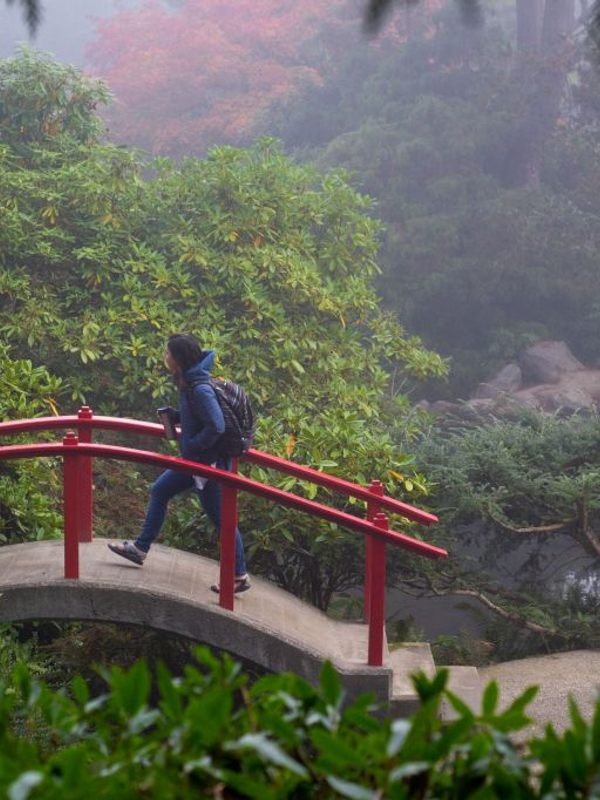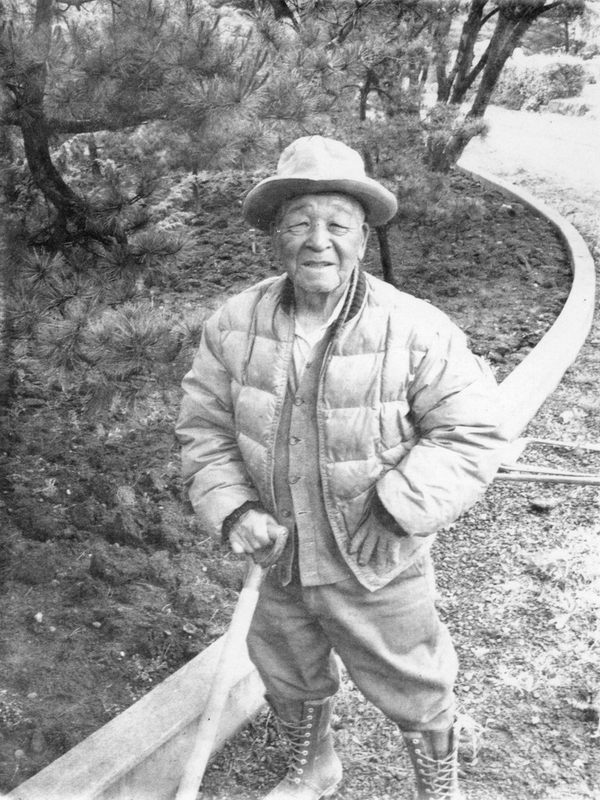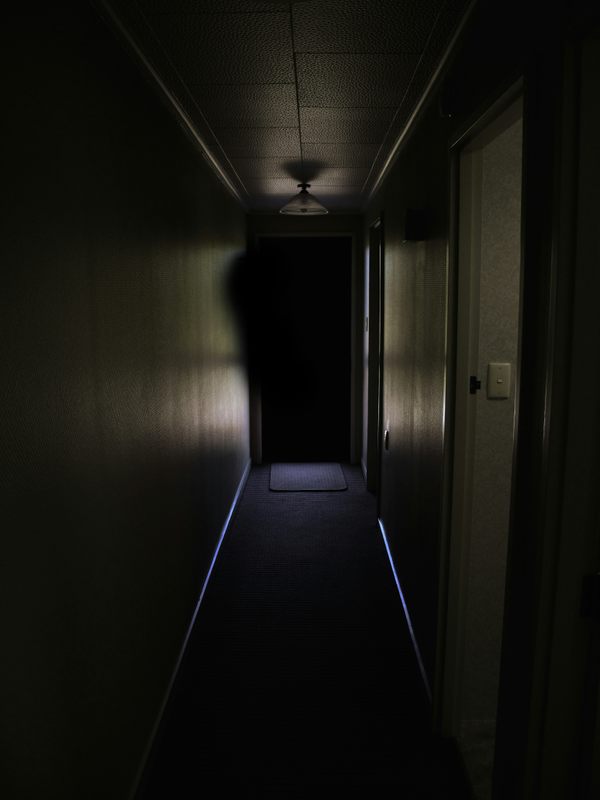


Fujitaro Kubota’s unique gardens transformed Seattle's landscape in the 20th century. Kubota immigrated to the US in the early 20th century, worked as a nurseryman, and eventually bought 20 acres of clear-cut forest in southern Seattle that he shaped into a beautiful and enduring Japanese garden. Today, the public garden serves one of Washington’s most diverse zip codes.
Kubota also created a memorable garden in the Minidoka prison camp while he was incarcerated there during World War II. Upon his return to Seattle, he created the first “drive-through” garden to capitalize on the automobile craze of the 1950s. To Kubota, everything has spirit. Rocks and stones pulsed with life, he said, and that energy is still apparent in his gardens today.
Kubota Garden docent and Zen priest Tetsuzen Jason Wirth will offer this lecture which highlights the newly published book Spirited Stone.
This experience is part of Atlas Obscura’s Wonder From Home series. Atlas Obscura launched Wonder From Home as a response to COVID-19, in an effort to highlight people, places, and projects that help us all hold on to our spirit of discovery and sense of community during these difficult times. Atlas Obscura’s mission has always been to inspire wonder about the incredible world we all share. Now, more than ever, there’s a need to stay connected, not only to our sense of wonder, but to each other. Follow #WonderFromHome for inspiring stories, more incredible online experiences, and live streams with the Atlas Obscura community. And check out AtlasObscura.com, the definitive guide to the world’s hidden wonders, to keep virtually exploring the world through the website’s atlas of amazing places, unique stories, and videos.







